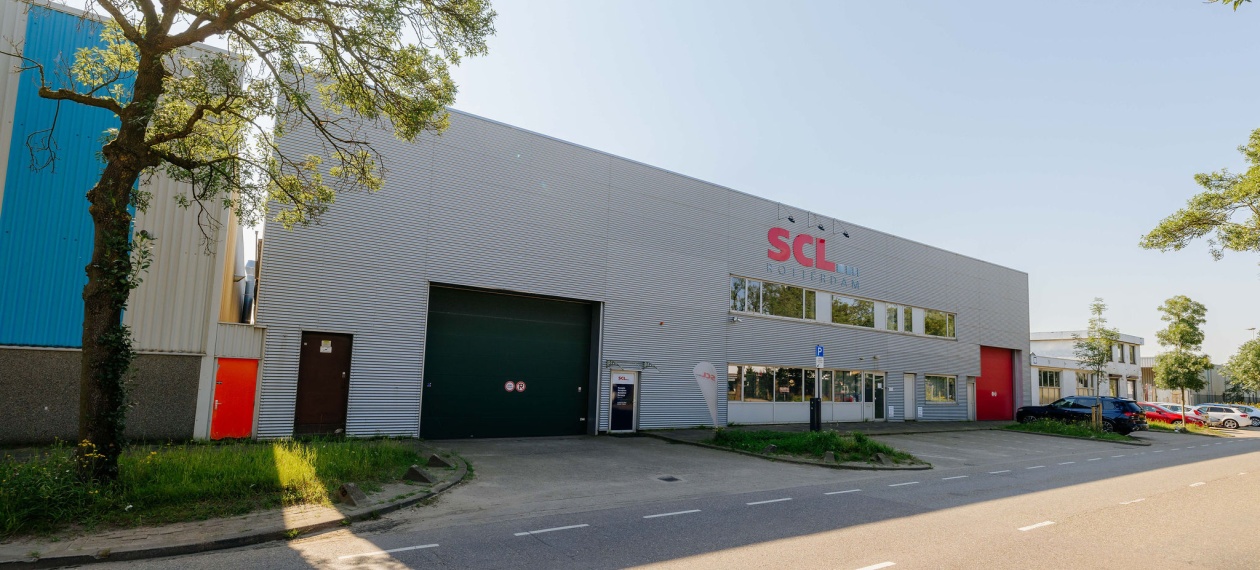Search our knowledge base
BPM
Do not automatically rely on the many free websites where you can calculate (remaining) BPM. These calculation models work well in some cases but certainly not in all cases. In some cases, no BPM needs to be paid upon import. For example, 100% electric vehicles are completely exempt from BPM. Cars that are imported as part of a move are often also exempt.
Curious about the (remaining) BPM of your car? Request a free, no-obligation quote to know exactly what to expect. Prefer to receive more information first? We are available every weekday from 8:30 AM to 5:00 PM. Call us at +31 (0)10 427 7723, or email sales@sclrotterdam.com. We are happy to help you further. Or, read more about calculating BPM and filing a BPM declaration here.
Changes in BPM: Obligation for Company Cars from January 1, 2025
Starting January 1, 2025, a significant change will be implemented in the tax on passenger cars and motorcycles (BPM) in the Netherlands. Previously, company cars were often exempt from BPM, but this exemption will no longer apply from the new year onwards. This means that BPM will also have to be paid for company cars.
What is BPM?
BPM stands for Belasting van Personenauto's en Motorrijwielen (Tax on Passenger Cars and Motorcycles). It is a tax levied on the first registration of a vehicle in the Netherlands. The amount of BPM depends on the CO2 emissions of the vehicle: the higher the emissions, the higher the tax. BPM is intended to encourage environmentally friendly driving by making it financially attractive to choose vehicles with lower emissions.
Why this change?
The government is implementing this change for several reasons:
- Equal treatment: The exemption of BPM for company cars created an unequal playing field between company and private vehicles. By abolishing the exemption, a fairer tax structure is created.
- Environmental considerations: By subjecting company vehicles to BPM, the government hopes that companies will switch to more environmentally friendly vehicles more quickly, contributing to the Netherlands' climate goals.
- Increasing tax revenues: The additional BPM revenue can be used to finance other environmental measures and support the transition to a more sustainable fleet.
What does this mean for companies?
For companies, this change means that from 2025, BPM must be paid when purchasing new company cars. This can be a significant expense, depending on the type of vehicle and CO2 emissions. Companies are well-advised to prepare for this change in time and consider purchasing new vehicles before the end of 2024 to avoid BPM.
Preparing for the new BPM regulation
To ensure a smooth transition, it is advisable for companies to:
- Inventory which vehicles need replacement and consider purchasing them before the end of 2024.
- Explore more environmentally friendly vehicles that incur less BPM due to their lower CO2 emissions.
- Budget for future BPM costs when purchasing new company vehicles after January 1, 2025.
At SCL Rotterdam, we are ready to advise and support companies in transitioning to this new BPM regulation. Contact us for more information and personalized advice.
Last checked: 12 February 2026
